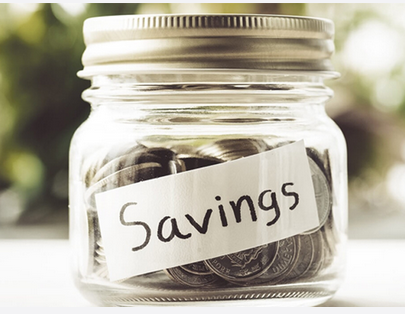 By John Pallister
By John Pallister
February 7TH, 2022
BURLINGTON, ON
Have you just recently paid off your debt by benefiting from debt relief Canada? If the answer is yes, you ought to know that you have achieved a massive milestone; however, the question is how to maintain a debt-free life.

The best way to live life is to live in the moment; however, you cannot apply the same rule to your finances. You might want to look at the bigger picture and start planning ahead when it comes to finances.
Before we jump into the list of tips, let us give you a little disclaimer: the change starts from within. You will need to shift your mindset and incorporate certain habits that will lead to a debt-free life. Certain financial and lifestyle habits can lead to long-term goals and help you maintain a debt-free life.
Read on to learn more!
Follow a Budget
Following a budget is one of the most crucial things that you can do to live a debt-free life. If you want to avoid debt for the rest of your life, never underestimate the power of following a budget. After setting your budget, you must get over the temptation of allowing the budget to lapse.
To make a budget, you must note your monthly income and set aside the amount spent on bills, groceries, and other necessities. Then set a certain amount aside that goes to your savings. By having a budget, you won’t only be able to track your spending habits, but it will also help you get rid of the habit of overspending. You will be on the right track to a debt-free life by following a budget.
Open a Saving Account
Set a budget and open an emergency savings account. Budgeting is one of the most dreaded nightmares for many people – it might look scary at first, but the benefits are long-term. By opening a savings account, you will be paying yourself first. In other words, you will be saving a fixed amount each month in your savings account.
Now, let us talk about the importance of having a savings account and why this is essential for a debt-free life. The amount in the savings account is not only your savings but also a contingency plan for situations where you will need emergency cash, such as home maintenance and car repairs.
By opening a savings account and transferring a fixed amount into the amount each month, you will have peace of mind that you are ready to deal with urgent situations and that you won’t have to fall back on debt again.
Curb Your Shopping Impulses
Sit down and understand which spending habits of yours cause debt in the first place. Are you an impulsive buyer? One of the primary reasons that people fall into debt are that they don’t set basic rules to curb their spending habits – as a matter of fact, this is one of the hardest rules to master.
You will have to break down your buying habits into two categories: the first category deals with your basic needs, such as food, bills, and clothing; the second category deals with your desires – things that you don’t really need, things that fall in the gray area, but, things that you spend on nonetheless.
Let us say you need a cellphone – you will have to check your budget. Instead of buying the latest iPhone, settle down for a phone that falls into your budget. You will find it easier to differentiate between your wants and needs by staying within a budget.
Plan For Your Future
Understandably, the best way to live life is to live in the moment; however, you cannot apply the same rule to your finances. You might want to look at the bigger picture and start planning ahead when it comes to finances.

A saving account for those special times.
You ought to understand that financial emergencies can occur at any time and anywhere. Apart from that, you will also need to think about future plans, such as your dream vacation, car insurance, Christmas presents, etc.
While it might be tempting to hit the easy road, pull out your credit card, and pay for everything on the spot, you ought to remind yourself about the objective of living a debt-free life. That said, keep the credit cards in your wallet, and plan with a budgeting and saving account for those special times where you will want to invest some money, preferably without inducing a debt.



















